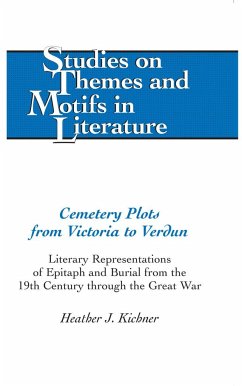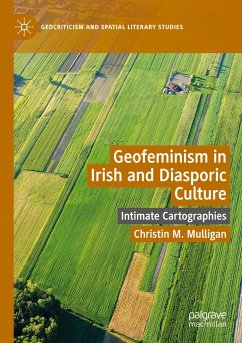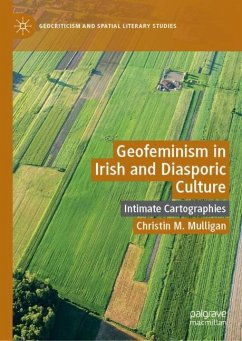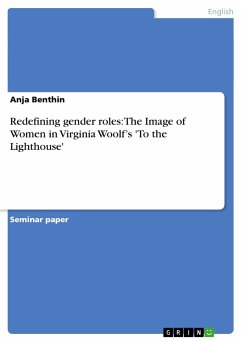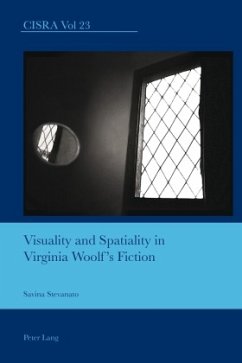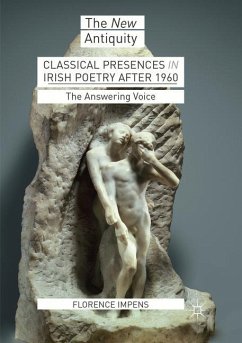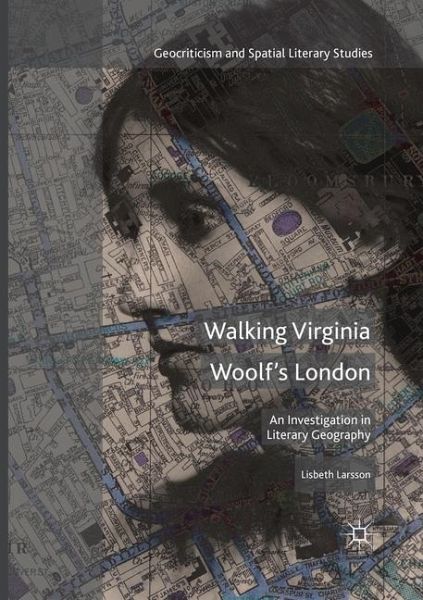
Walking Virginia Woolf's London
An Investigation in Literary Geography
Versandkostenfrei!
Versandfertig in 6-10 Tagen
49,99 €
inkl. MwSt.
Weitere Ausgaben:

PAYBACK Punkte
25 °P sammeln!
This innovative volume employs theoretical tools from the field of literary geography to explore Virginia Woolf's writing and the ways in which she constructs her human subjects. It follows the routes of characters from The Voyage, Jacob's Room, Mrs. Dalloway, To the Lighthouse and more as they walk around London, demonstrating how Woolf constructs the characters in her stories in a very politically conscious way. As Larsson argues, none of Woolf's characters are able to walk just anywhere, at any time in history, or at any time of the day. Time, place, gender, and class form the conditions of...
This innovative volume employs theoretical tools from the field of literary geography to explore Virginia Woolf's writing and the ways in which she constructs her human subjects. It follows the routes of characters from The Voyage, Jacob's Room, Mrs. Dalloway, To the Lighthouse and more as they walk around London, demonstrating how Woolf constructs the characters in her stories in a very politically conscious way. As Larsson argues, none of Woolf's characters are able to walk just anywhere, at any time in history, or at any time of the day. Time, place, gender, and class form the conditions of life that the characters must accept or challenge.
Featuring an array of detailed maps, Walking Virginia Woolf's London: An Investigation in Literary Geography brings a fascinating new perspective to Virginia Woolf's work. It is essential reading for scholars of modernist literature or geocriticism.
Featuring an array of detailed maps, Walking Virginia Woolf's London: An Investigation in Literary Geography brings a fascinating new perspective to Virginia Woolf's work. It is essential reading for scholars of modernist literature or geocriticism.




